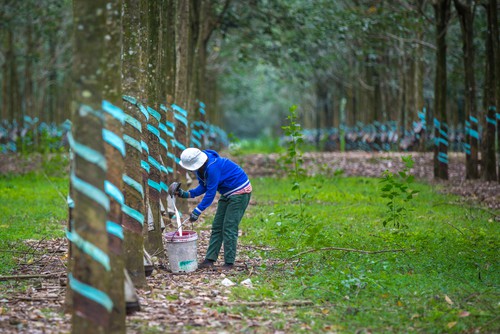Following several rounds of further consultation amongst its members, the Capacity Building Working Group has finalized proposals for capacity building strategies for the four previously identified focus countries: Côte d’Ivoire, Indonesia, Myanmar and Thailand. Within each of these proposals, the Working Group has defined key strategic approaches to best allow for immediate engagement and implementation.
Each proposal sets out the issues that have been identified as threatening the sustainable production of natural rubber, underlying causes for these issues, as well as a main objective. Within each proposal, the Working Group has suggested various strategic approaches, providing a rationale for chosen actions, and proposing impacts and resources required. While the Working Group recognizes that the issues do not represent the full list of challenges that stand in the way of national rubber production becoming sustainable, it highlights that the focus is on strategic approaches that allow for immediate engagement and implementation.
These proposals have been submitted to the Executive Committee for review and approval, while the Working Group concurrently addresses final concerns around the proposed strategy around a CO2 compensation scheme.
Looking ahead, detailed implementation plans and timelines will have to be developed upon approval of the proposed strategies. These are issues that the Working Group will be exploring in the weeks to come.






